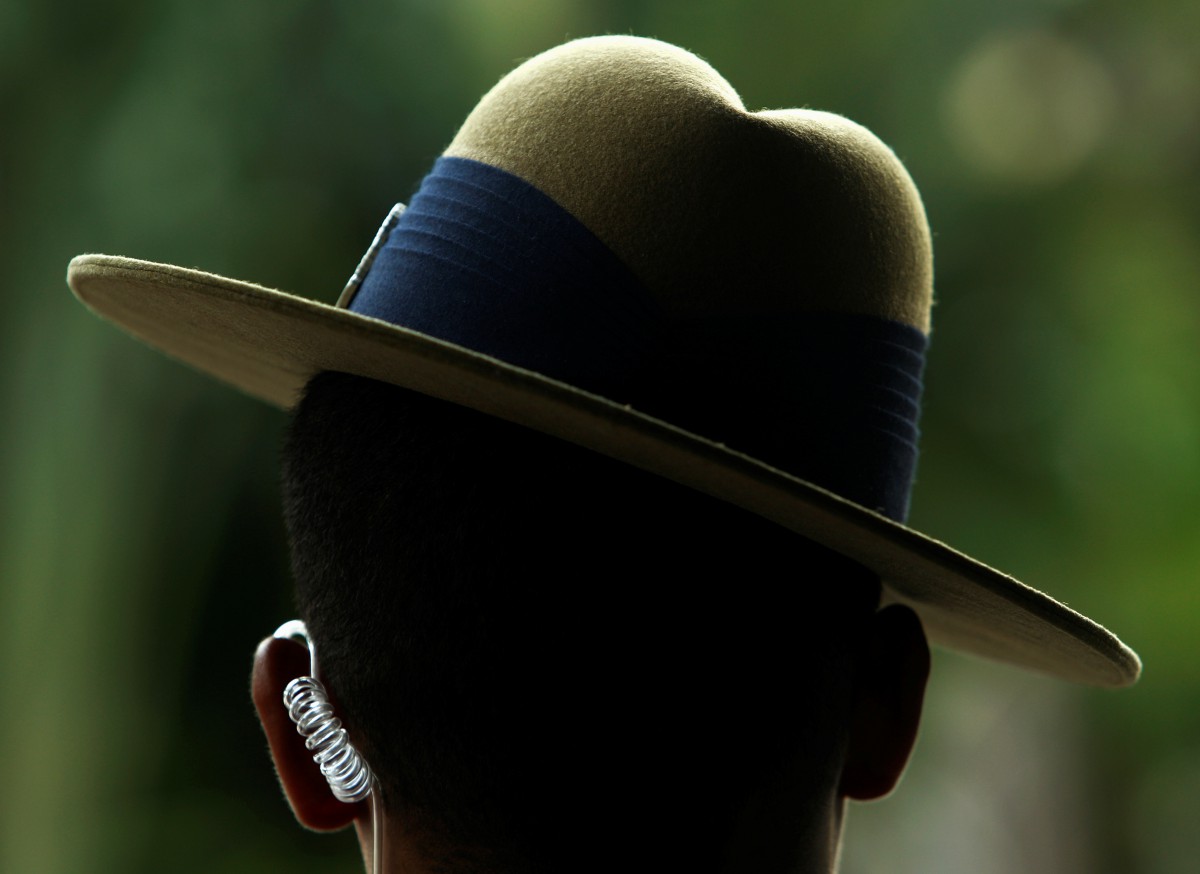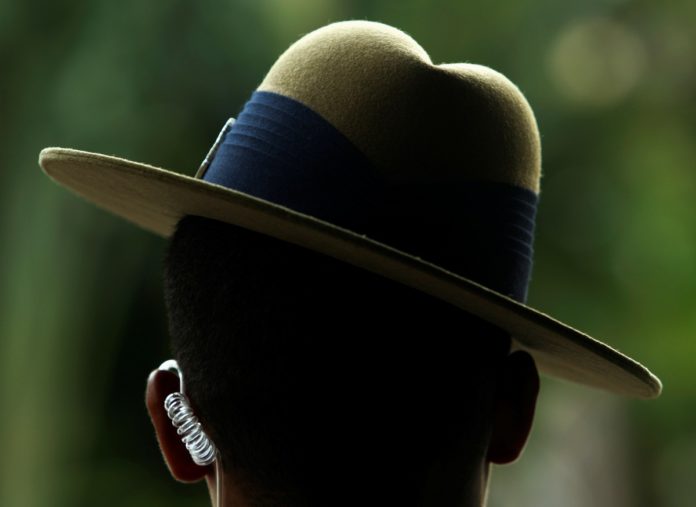SINGAPORE has declared its iconic Sentosa Island as a “special event area” in an effort to beef up security for the June 12 summit between the leaders of the United States and North Korea.
On Tuesday, the Singaporean government issued a directive under the Public Order Act to gazette the entire island along with the waters off its south-west beaches to take effect between June 10 and June 14, according to Channel News Asia.
The summit will the place at the Capella Hotel on the island where US President Donald Trump and North Korean leader Kim Jong Un will be holding talks on the denuclearisation of North Korea. Fittingly, “sentosa” is a Malay word meaning piece and tranquillity.
“Meeting in Singapore with North Korea will hopefully be the start of something big,” Trump tweeted early Tuesday. “We will soon see!”
Meeting in Singapore with North Korea will hopefully be the start of something big…we will soon see!
— Donald J. Trump (@realDonaldTrump) June 5, 2018
The gazetting of the “special event area” means that that activities on the island would be restricted. Security forces on the resort island will also be conducting strict checks on people and vehicles that enter the area.
SEE ALSO: North Korea calls US Vice-President Pence ‘ignorant and stupid’
The security measures also include the banning of drones, flags, banners, signal flares and other flammable materials from the island. On Monday, Singapore declared a central region that is home to its foreign ministry, the US embassy and several hotels, as a special zone.
The Fullerton Hotel, which would serve as a base for more than 3,000 journalists covering the summit, is placed outside the security area, but the waters off the south-west side of Sentosa will come under tight security.
Dr Graham Ong-Webb of the S. Rajaratnam School of International Studies was quoted as saying that it appears to be an attempt to secure the waters of the coastline.

(File) A Gurkha soldier stands guard at the Shangri-La Hotel where the 12th International Institute for Strategic Studies (IISS) Asia Security Summit: The Shangri-La Dialogue is taking place, in Singapore May 31, 2013. Source: Reuters
“The waters south of Sentosa are relatively open sea, so there may be maritime elements that might try to get on the island,” he said.
Singapore airspace will be restricted during the planned summit, said a notice to airmen posted by the International Civil Aviation Organisation (ICAO) and the US Federal Aviation Administration (FAA) on Wednesday.
All aircraft arriving into Singapore Changi Airport will be required to reduce speed and face some restrictions on runway use “for reasons of national security,” the notice said, as quoted by Reuters.
On Tuesday, White House spokeswoman Sarah Sanders said in a Twitter post that the venue would be the Capella Hotel on Sentosa and thanked Singaporeans for their hospitality. The summit is scheduled to start on the morning of June 12.
UPDATE: The venue for the Singapore summit between @POTUS and Leader Kim Jong Un will be the Capella Hotel on Sentosa Island. We thank our great Singaporean hosts for their hospitality.
— Sarah Sanders (@PressSec) June 5, 2018
Trump told reporters at an Oval Office event that plans for what will be the first meeting between a serving US president and a North Korean leader, were “moving along very well,” according to Reuters.
“A lot of relationships being built, a lot of negotiations going on before the trip,” he said. “We’ll see what happens. But it’s very important – it’ll be a very important couple of days.”
Trump, who is seeking to persuade Kim to shut down a nuclear missile program that now threatens the United States, said on Friday the summit he had canceled the previous week was back on after he received the North Korean delegation bearing a letter from Kim.
SEE ALSO: Pompeo: American firms will invest in North Korea – if it denuclearises
Trump said last week he expected an eventual “very positive result” with North Korea but dampened expectations for a breakthrough in Singapore, saying it could take several meetings to reach an agreement.
Trump said one thing that could come out of the summit is an agreement formally ending the 1950-53 Korean War, which was concluded only with a truce, not a peace treaty.
North Korea defends its nuclear and missile programs as a deterrent against what it sees as US aggression. The United States stations 28,500 troops in South Korea, a legacy of the Korean War.





